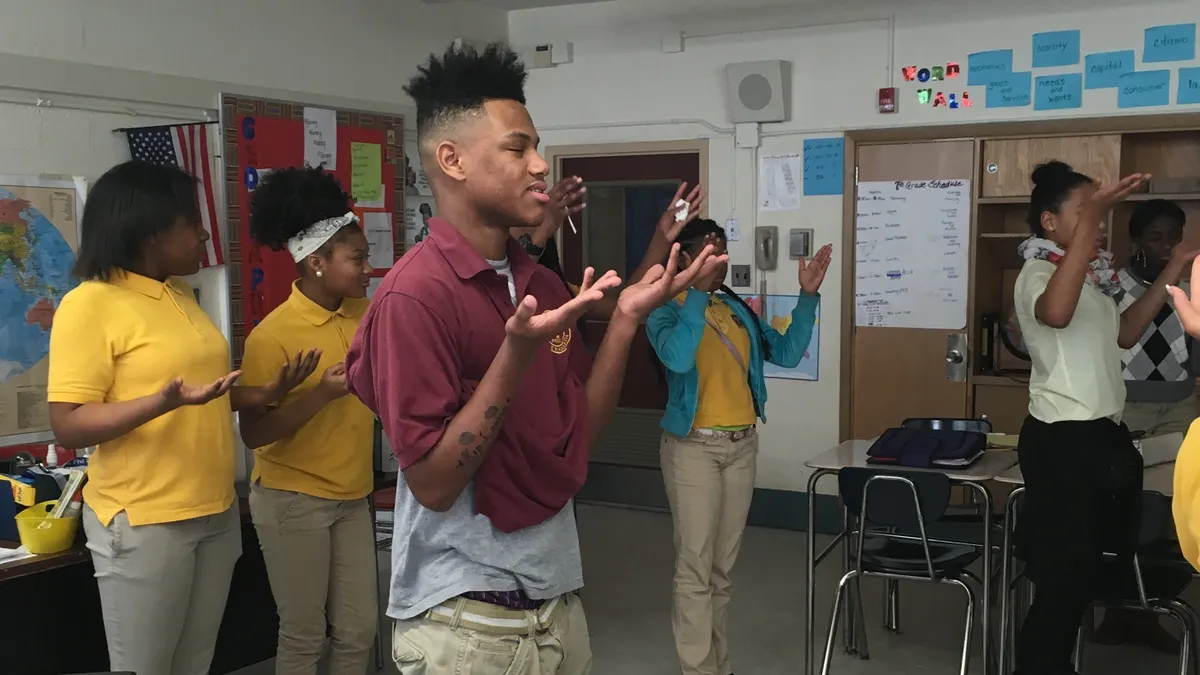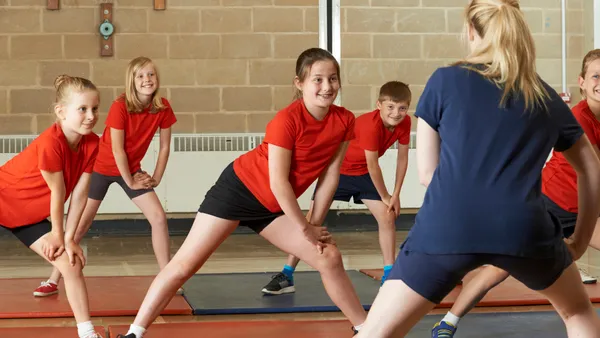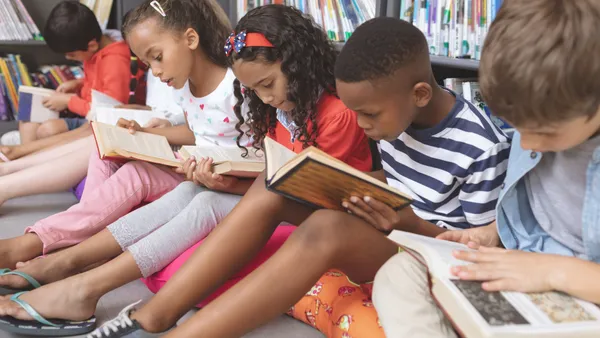For many high school students, the last 4 years of a PreK-12 education are focused on preparing for graduation and college. However, recent data about what happens when they get there is worrying - 30 percent of college freshmen drop out within their first year, and a shocking 56 percent of students drop out of four-year colleges within six years. The overall dropout rate for undergraduate college students is 40%. Clearly, academic preparation in high school is only one piece of the puzzle when it comes to preparing for life after graduation.
By integrating social emotional learning (SEL) into students' regular high school routine, they can practice the skills they need for a successful transition to college, or any environment they find themselves in after graduation. We spoke with Mindy Chevalier, the principal at Belle Plaine Jr/Sr High School in Minnesota, to learn more about how they are preparing students to be successful after graduation.
Transitioning to college isn't just about being prepared academically, but also socially and emotionally. Ms. Chevalier shares, "High school is full of stress and pressure on our students academically, socially, and emotionally. As they enter the workforce or college, these pressures and stress increase." Students will be in new environments - building new support networks with new peer groups - often times away from their existing support networks and coping with those changing relationships, too. There are added pressures both internally and externally - from financial pressures that come with the high cost of higher education to academic and social pressures.
"Giving our students SEL tools to manage their stress and emotions will help build skills that they'll use throughout their life," Ms Chevalier explains, "We hope that we have taught our students how to work through these difficult situations. They can reflect on the tools in their SEL toolkit around breathing, identifying and shaking off stress, and how to create healthy relationships with others."
Critical skills and strategies
Social emotional learning is not just for elementary students! The skills that high school students are developing can be supported by strategies and exercises that they can apply independently to make immediate improvements in their lives - from improving relationships to managing stress. "At Belle Plaine, the strategies we see our students using the most are the breathing techniques from the Move This World curriculum. These help them identify and manage stressors and self-regulate when they're struggling. We see our students practice these skills in the activities outside of the school day. Our drama department has used them as calming techniques before performances, and our athletic teams have used them in huddles or in pre-game," says Ms. Chevalier. "In a stressful fifth set in the sub-section final for volleyball, our school's team was in a time-out. All of a sudden our student section of about 75 students broke out into the Move This World Shake Off to relieve the stress of the situation. They pulled out a win. An awesome example of how effective and fun SEL can be when students are active participants."
How can teachers support students?
Caring for our social and emotional wellbeing is a continuous process, and adults who care for their own wellbeing are great role models for students. Ms. Chevalier explains, "First and foremost, this work starts with teachers themselves. Knowing how to relieve stress, self-regulate, and work through difficult situations allows you to model this behavior for students. Understand what 'fills your bucket.'" In addition to modeling SEL for students, prioritizing SEL amongst staff improves the wellbeing of teachers.
Another way teachers can support students is by building strong relationships. At Belle Plaine Jr/Sr High School, this is even more of a priority this school year. Ms. Chevalier explains, "With so much isolation in the past 18 months, our students and staff need more connections than ever. They need to know people are there for them, what healthy relationships look like with adults and with their classmates, and how to embrace differences among their classmates as well as respect classmates' thoughts, ideas and perspectives."
Our students need more than just academic preparation or career training for life after high school. As they transition to adulthood and independence, their social emotional skills - or lack thereof - will be a critical factor in their success.






 Dive Awards
Dive Awards




